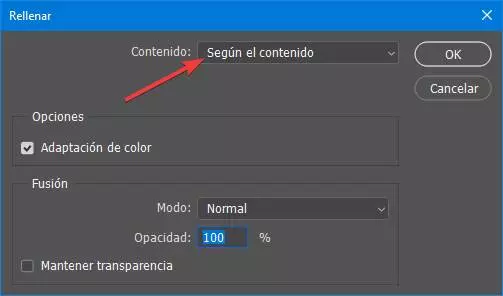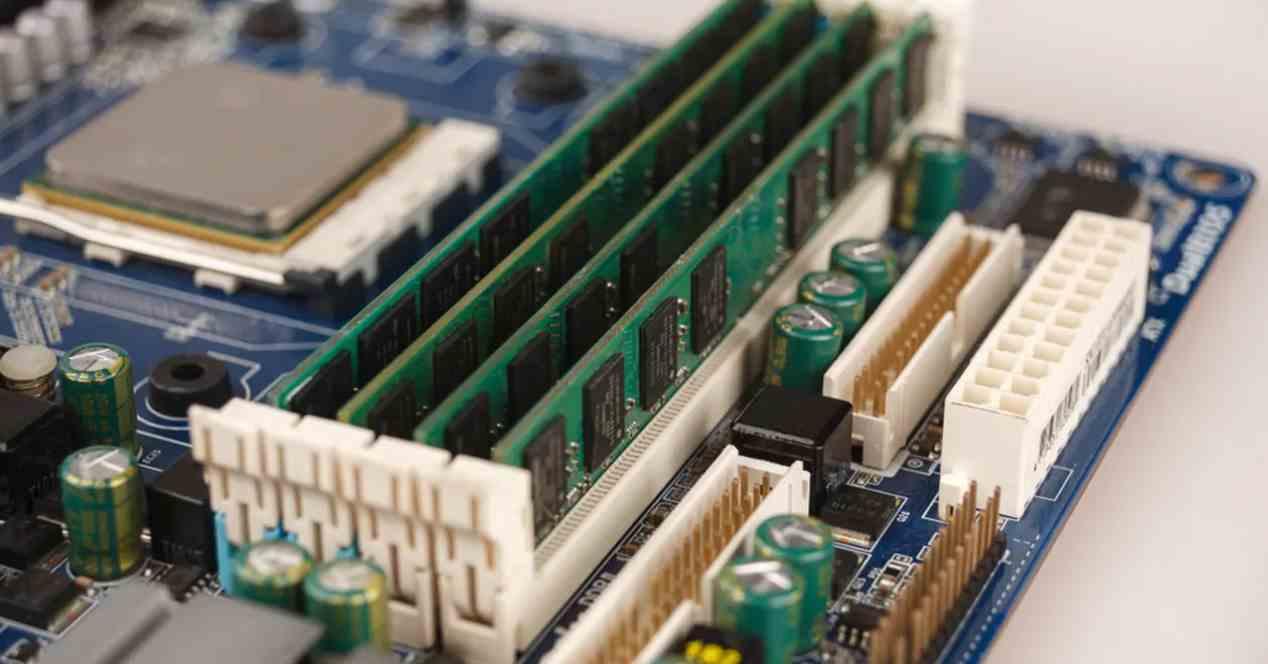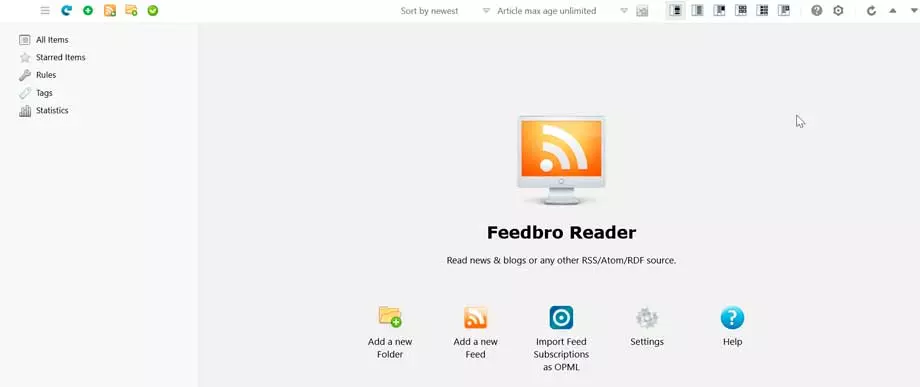
Big changes are coming Windows 11 far beyond the new functions and features that we are used to seeing. And it is that Microsoft has been working on the kernel of the operating system for some time now, improving its security and taking advantage of it to make it much more robust and reliable to mark the future of the OS. And, as part of this improvement, the company is putting the finishing touches on two big changes, which we are going to see below.
The Windows kernel is the most important part of the operating system, since it is in charge of making everything work correctly and communicating directly with the components of the PC. Therefore, the first of the changes that will arrive very soon is that this kernel will integrate Rust inside, so that you can take advantage of the advantages of this language.
Rust is a safe programming language for memory, and stands out for its protection against injection attacks, similar to how Java does in its applications. In this way, this language prevents applications, or other programs, from accessing the memory spaces of other applications that are loaded on the system, avoiding many of the computer attacks that are carried out.
Microsoft has been talking about this integration for some time, but it has not been until now when, finally, it seems that the integration is closer than ever. And it is that, if all goes well, users (within the Insider program, of course) will be able to boot your systems with Rust In the next weeks. Initially Microsoft will focus on ensuring compatibility and performance of the system, but little by little it will include more APIs to leave aside the C++ counterparts.
For now, the first performance tests, with PC Mark 10are excellent, although there is still a lot of work ahead.
ReFS replaces NTFS in Windows 11
In addition to Rust integration, Microsoft is working on another very important change within its ecosystem: the successor to NTFS. This file system has been the Windows default since the Windows XP era, since FAT32 was then very limited.
Currently, NTFS is still a fully valid system, and its use does not imply any limitation for any user. However, this file system is already a few years old, and for this reason Microsoft has decided that it is time to make way for its successor, ReFS.
ReFS (Resilient File System) is a file system created initially for business and professional use that improves on NTFS in many ways. The most important thing about this file system is that it improves satisfaction when working with large volumes of data and against data corruption, as well as better security and some performance improvements, especially in SSD drivessomething NTFS was not prepared for.
Therefore, very soon we will see how the new installations of Windows format the drives in the new ReFS instead of continuing to use NTFS by default. And, little by little, this will be the file system that we will all have to use on our hard drives and USB drives.



